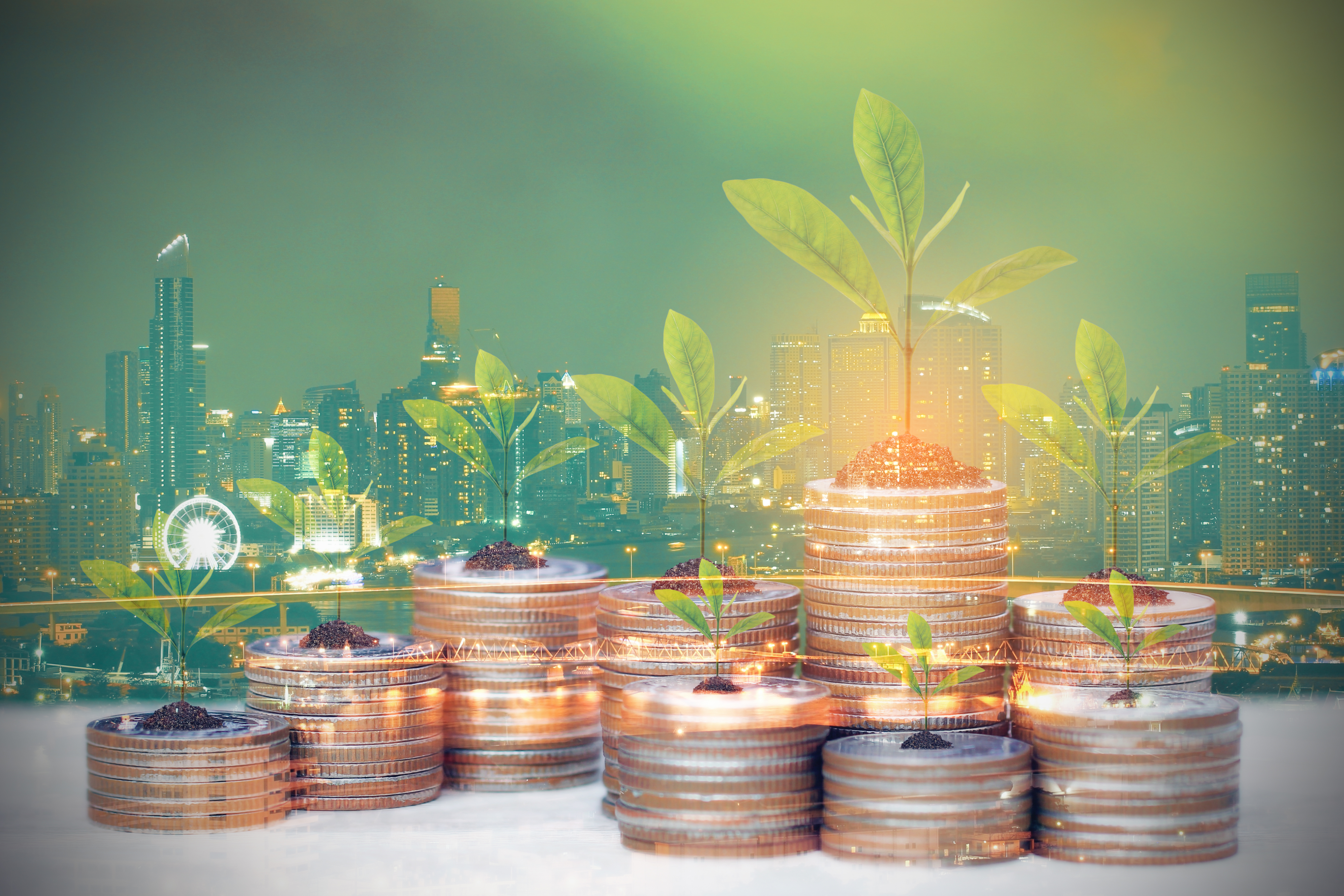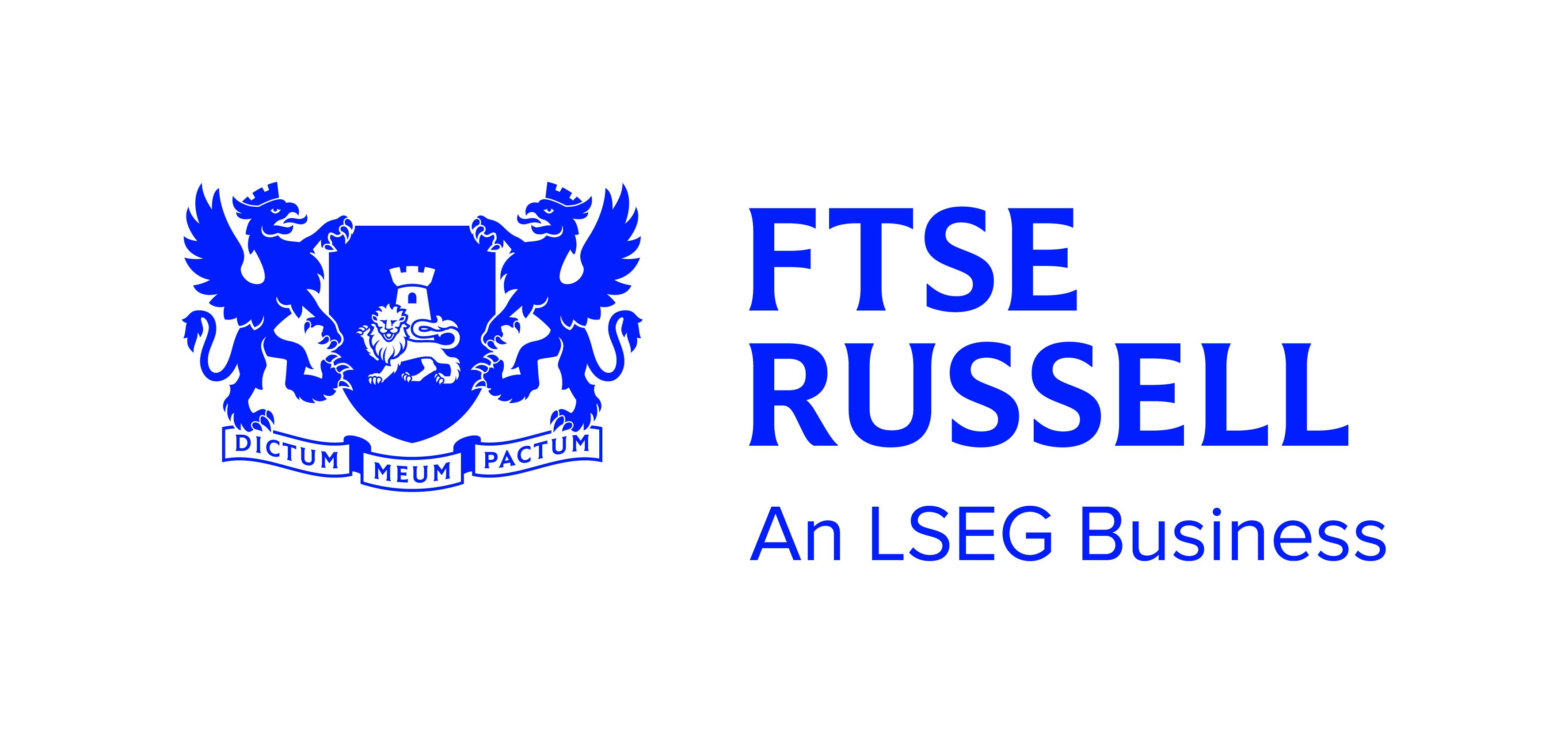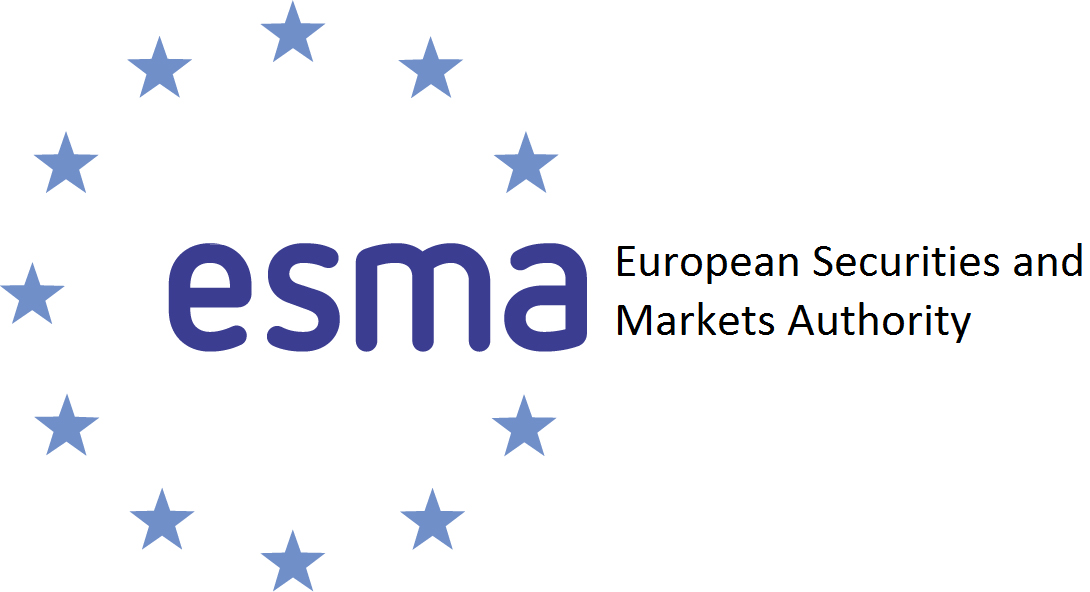BlackRock has reclassified its development bank bonds ETF from Article 8 to Article 9 under the Sustainable Finance Disclosure Regulation (SFDR) after its index methodology was tightened.
Effective 1 September, BlackRock upgraded the iShares $ Development Bank Bonds UCITS ETF (DDBB) to the highest sustainability category under SFDR following changes to the FTSE World Broad Investment-Grade USD Multilateral Development Bank Bond Capped index.
Under the changes, FTSE Russell has restricted constituent inclusion to multilateral development banks with mission statements to promote sustainable economic development.
It means all of the fund's assets, except for those held for liquidity or hedging purposes, can be considered ‘sustainable investments’ under SFDR, allowing it an Article 9 ‘dark green’ classification.
SFDR ‘level 2’ came into effect in January and requires Article 9 funds to be constructed with 100% sustainable investments as well as contribute to ESG objectives and pass the Do No Significant Harm test.
In May, the European Securities and Markets Authority (ESMA) clarified several issues within the regulation, noting investments in issuers investing in the developing world to assist socially disadvantaged communities are considered sustainable investments.
Development bank bonds fall under this criteria. BlackRock said the ETF’s investment objective and holdings will remain unchanged following the changes.
Issuers have so far been cautious in reclassifying ETFs from Article 8 to Article 9 despite ESMA’s clarifications earlier this year.
It noted products tracking PAB or CTB indices are deemed to make sustainable investments, which came after billions of euros worth of PAB and Climate Transition Benchmark (CTB) ETFs were downgraded to Article 8 around the turn of the year, after issuers deemed them unlikely to be able to meet the 100% sustainable investment requirements.





